Though not as gripping as “Get Out,” strong performances and thrilling action make Jordan Peele’s “Us” an admirable follow up to his dazzling debut.
After grabbing the world’s attention with his debut film, Get Out, Jordan Peele wisely took advantage of his newfound credibility as one of the strongest voices in horror to follow up with his sophomore effort, Us. As the name suggests, Peele plays with concepts of the self and personal identity, offering up his own take on the old Jekyl-and-Hyde-type theme of exploring who we really are and what we might be capable of.
Peele’s vehicle for the time-honored tale is the Wilson family. Lupita Nyong’o stars as Adelaide, and is joined on screen by Winston Duke as her protective, if not somewhat doofy husband, Gabe, as well as Shahadi Wright Joseph and Evan Alex playing her two children, Zora and Jason. We meet the Wilsons as they arrive at their vacation home in Santa Cruz, where their first activity is to unwind and hang out with friends (Tim Heidecker and Elizabeth Moss) at the beach.
This particular beach also happens to be the site of a traumatizing incident that Adelaide experienced as a child (as revealed in the opening scene of the movie.) We are fed some tidbits of foreshadowing as Adelaide finds herself revisiting the memory of that terrifying day, including an encounter with an unidentified man standing disturbingly still with blood dripping from his fingers onto the sand.
Sure enough, things take a darker turn once the family returns to the house and Adelaide starts to reveal the reason she’s been so jumpy lately.
Jason notices that a family of four is standing in their driveway, their faces obscured by shadow. When Gabe confronts them, the mysterious family scatters — their otherworldly movements quickly indicating to the Wilsons that things are not going to end well.
Before long, the Wilsons realize that they are being hunted by the family — and that the family is an almost exact replica of their own.
After Get Out used its platform to take on issues of social justice, highlighting how power is systematically stolen from Black bodies by taking the thematic underpinning of The Stepford Wives to a whole new level, viewers will inevitably feel tempted to search Us for some hidden commentary on race relations.
Jordan Peele himself has assured his audience that this is a straightforward horror project, inspired largely by his personal fascination with imposters.
It may be that the most socially radical aspect of this movie is the mere fact that it’s unusual to watch a story through the eyes of a family of color. Indeed, what the Wilsons experience is distinctly human. As self-aware creatures, we all contend with the fact that there is a side of us that we do not want to face — a version of ourselves that could emerge, and worst of all, could overtake us if we are not strong enough to keep it at bay.
By the end of the film, we are left with some very pertinent questions about what we think we know about ourselves, and how much of who we are is determined by the happenstance of our social status and upbringing.
The movie itself captures your attention from the start and does not let it go.
It sets the tone with its eerie opening sequence from Adelaide’s childhood at a carnival fun house, and then pulls you slowly into her escalating sense of dread as she revisits the same beach side town as an adult. By the time the mysterious doubles show up at the door, you’re already on the edge of your seat primed for something horrible to happen.
At this point, it’s not yet clear whether the action is going to steer us into a bloody game of who’s-gonna-die-next-and-how, or if we’re headed for a slow-burn battle of wits (hint: it’s a little of both), but it’s here that the roller-coaster picks up its momentum.
As the Wilsons fight for their lives (or their deaths, depending on how you look at it), the film manages to feed us enough sly humor and a fun soundtrack of old-school hit tracks (as well as some amusing guest roles from Moss and Heidecker) to keep the mood relatable without ever belittling the danger.
It’s interesting to note that you can often forget that a person is acting until you get the chance to watch them perform two diametrically opposed characters at once, allowing the talent of the cast and the director to really shine. I was especially struck by Wright Joseph’s dual roles…her evil double never utters a word or changes expression, but stalks her prey with one of the most chillingly psychopathic smiles in cinema.
The action stays strong until last act of the film, when a somewhat predictable yet convoluted ending practically begs the viewer to start searching for plot holes.
Fortunately the reveal does not detract from the film’s overall experience. I got the distinct feeling that if the movie had ended abruptly with no explanation whatsoever of how the sinister doppelgängers ended up terrorizing our universe, the effect would have been just as unnerving.
While Us was not as groundbreaking or iconic as Get Out — or even as well-rounded of a film — it offers up another hefty dose of Peele’s raw talent and unapologetically distinct style, leaving me eagerly awaiting the next helping.


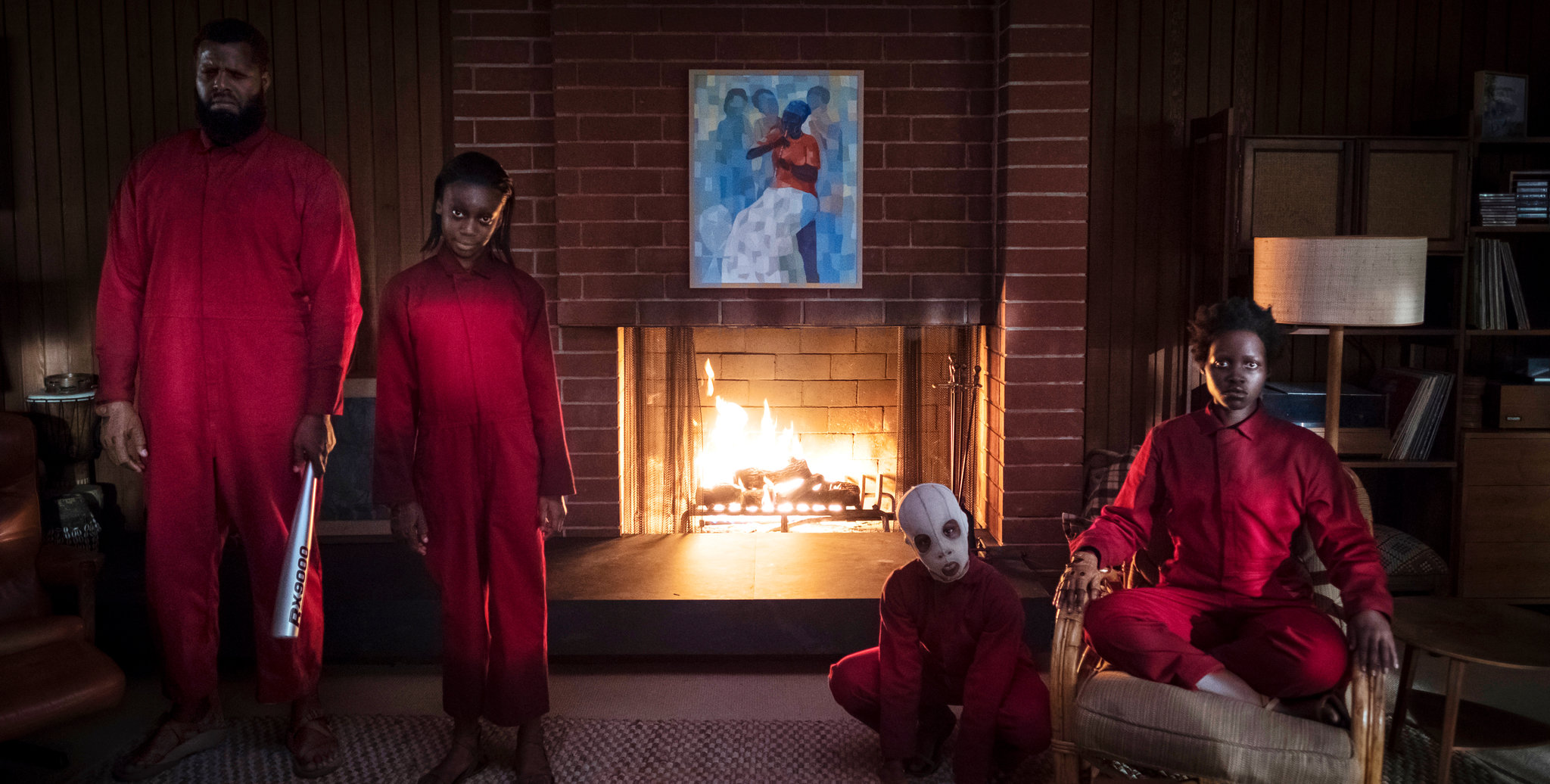


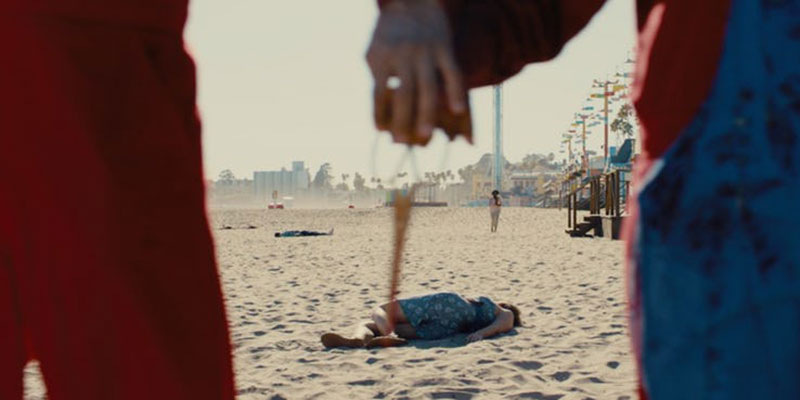
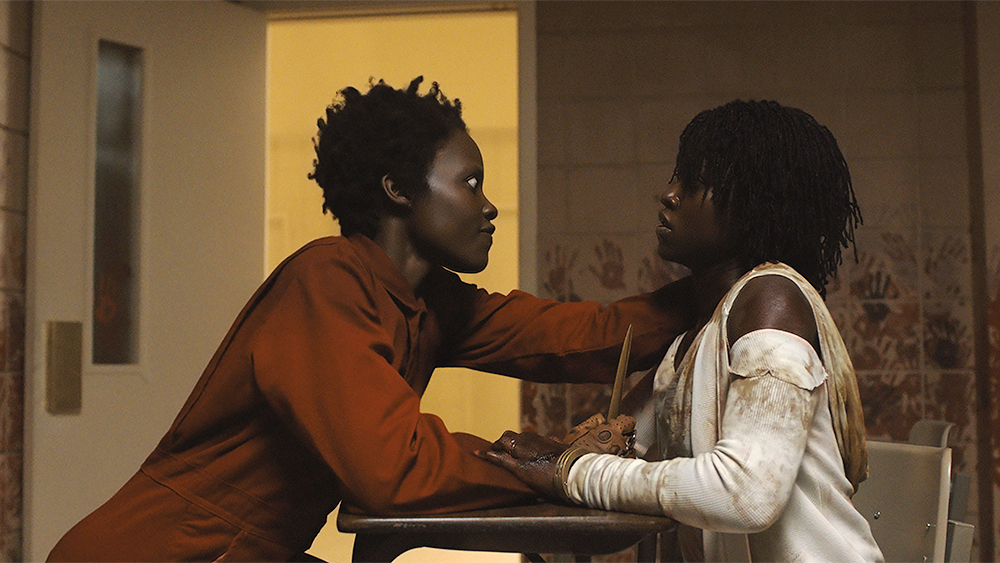
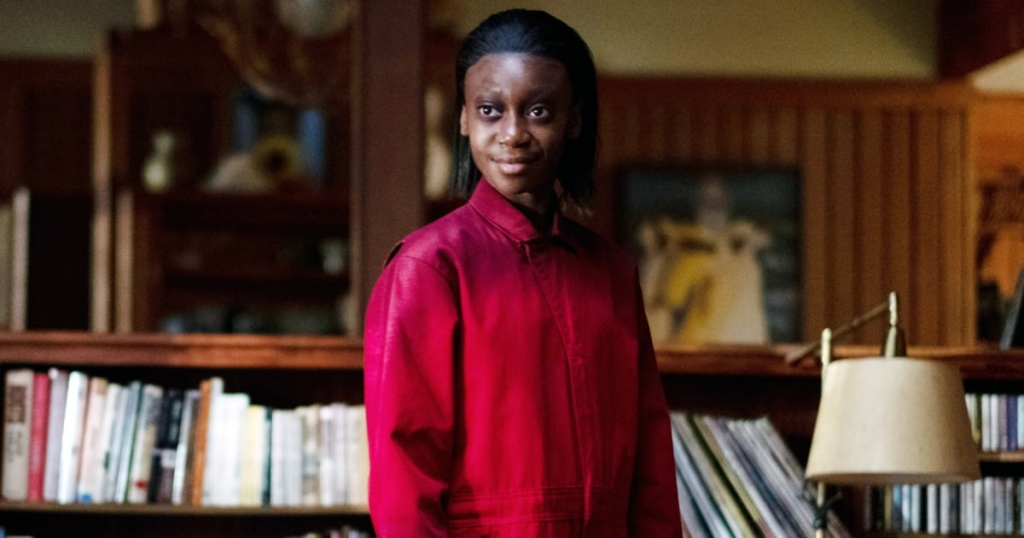
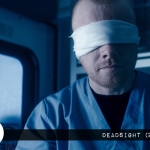

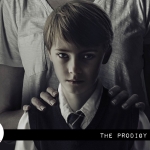
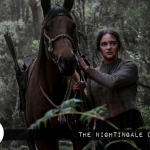




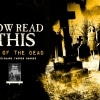
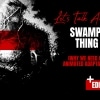

Follow Us!